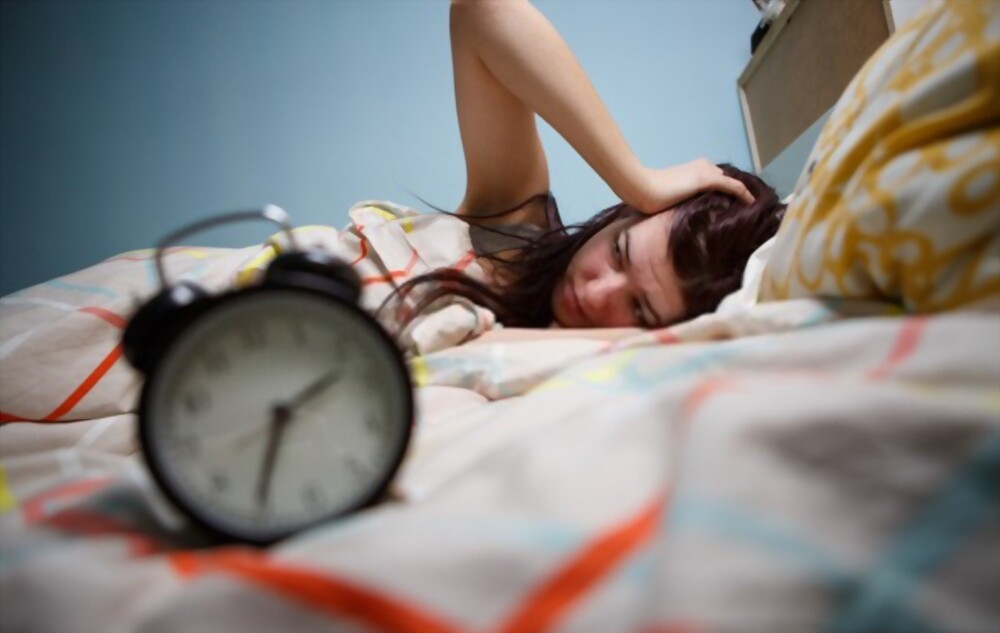There’s nothing like a good night’s sleep.
Sleep is one of the best natural healing remedies for your body. It can boost your immunity, help you maintain a healthy weight, and reduce your overall stress.
However, to get a good night’s sleep, you need to maintain good sleep hygiene. But what is sleep hygiene, and how do you go about making it better?
If you are interested in getting a better night’s sleep, then read on and learn all about good sleep hygiene in this short guide.
What is Good Sleep Hygiene?
Good sleep hygiene is achieved through creating a relaxing bedroom environment and engaging in nighttime behaviors that promote uninterrupted sleep.
Conversely, a poor sleep hygiene routine will create bad quality, broken sleep that can ultimately result in insomnia. Insomnia takes several forms, including finding it difficult to fall asleep, waking up throughout the night, or waking up too early and being unable to fall back asleep.
The symptoms of insomnia will then manifest throughout the day. You may feel excessively sleepy, unrefreshed by your night’s sleep, irritable or aggressive, or find it difficult to focus on tasks.
Over 50% of adults have experienced some form of insomnia during their lives. Some of which was likely due to poor sleep hygiene.
Healthy sleep is important for physical and mental health, so forming healthy habits around your sleep is essential. The good thing is that it is cheap, easy to do, and will benefit you greatly in the long term.
How to Develop Good Sleep Hygiene Habits
You can do lots of things to help improve sleep hygiene and overall health. Let’s look at some useful sleep hygiene tips.
First, you need to set yourself a sleep schedule and stick to it. You do this by setting your wake-up time. This needs to be the same every day, weekdays and weekends. A constantly fluctuating wake-up time will knock you off your sleep rhythm.
Be sure to introduce a new waking time gently, hour by hour. If you do it all in one go, you are more likely to fail, hit snooze, and fall back asleep. Adjust gently, hour by hour, over the week.
Help the Production of Melatonin
The production of the sleep hormone melatonin is an essential part of any sleep cycle. The body naturally begins to produce the hormone at dusk to help you sleep.
You can help the production of melatonin in your body. There are lots of good supplements you can take just before bed, like these melatonin based sleep gummies by SugarBearHair. They will boost your production naturally and help you drop off to sleep naturally.
Melatonin production is also reduced by light so ensure your bedroom is dark before you close your eyes. Most importantly, do not use electronic devices for up to one hour before sleeping. They will stimulate your brain, waking it up. Blue light from devices will also reduce your melatonin levels.
Practice Good Sleep Hygiene for a Great Night’s Sleep
Improving your sleep hygiene is one of the best things you can do to change the quality of your sleep and avoid developing insomnia. Practice the sleep hygiene tips above and see how much better you feel in just one week.
If you found this blog useful, please consider reading some more health tips on our website.
